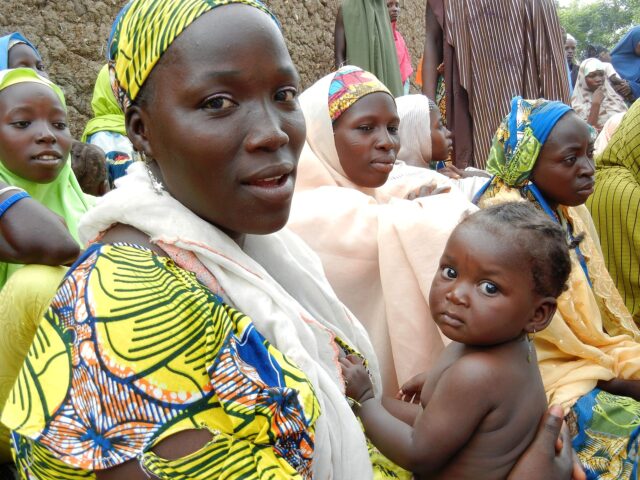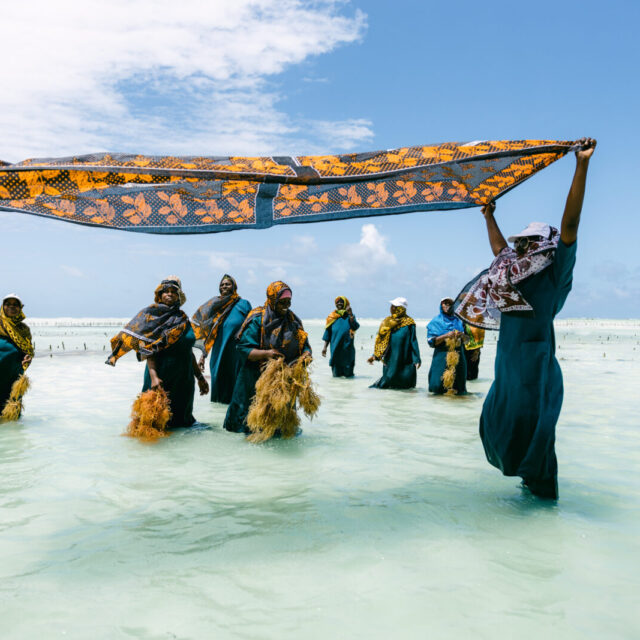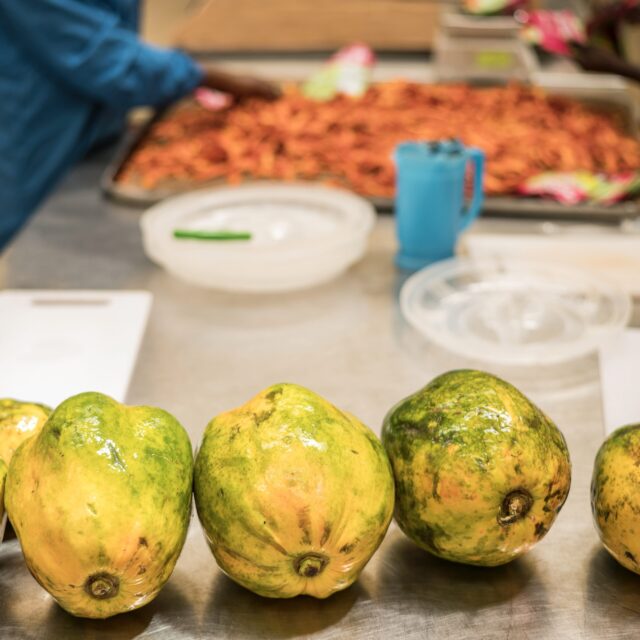As global leaders meet in New York for the United Nations General Assembly, the scale of humanitarian assistance required in North East Nigeria and the Lake Chad region resulting from the Boko Haram insurgency needs urgent, high-level attention.
The UN Office for the Coordination of Humanitarian Affairs (OCHA) in August reported that 7 million people in Nigeria are in need of humanitarian assistance. Of these, 5.5 million are in urgent need of protection services (2.7 million for child protection and 1.5 million for Gender Based Violence). The situation is particularly dire in Adamawa, Borno, and Yobe states, where 4.4 million people are in urgent need of food assistance, with 2.5 million children under 5-years-old and pregnant and lactating women are malnourished. The most recent number of Internally Displaced Persons (IDPs) stands at 2.4 million, 1.9 million of which are in Adamawa, Borno, Gombe, and Yobe states. 1 million IDP children do not have access to school, and 19K teachers are displaced.
When Bono, Co-founder of ONE campaign, was in Nigeria recently the country’s Vice President stated clearly that “no matter how prepared a country could be, handling the kind of crisis in the North-east with two million displaced people including children would prove a difficult task.” We agree.
Since January, donors in partnership with the government have reached 2.4 million people with emergency primary health care in North-East Nigeria through an integrated package of nutrition, health and WASH. The Nigerian Government launched a quick response, releasing N9.8 billion in funding within a week and pledging six rounds of vaccinations in the most affected areas over the coming months. The government has also asked the World Bank for an additional $125 million loan for vaccines to fight the epidemic and other communicable diseases.
The first round of vaccinations – which targeted 1 million children – will soon be completed with over 887,000 children under 5 already reached and subsequent large-scale rounds of polio immunization are planned to reach an additional 4.5 million in 5 NE States. Ultimately, the goal is to immunize over 56 million children by the end of November.
Efforts are underway to reach 1.35 million people with emergency primary health care services and 250,000 children under 5, who are suffering from severe acute malnutrition, with therapeutic feeding programmes, which require urgent and coordinated multi sector strategies. The Dangote Foundation and the Bill and Melinda Gates Foundation have funded direct interventions with the Borno State Government focused on both immediate humanitarian assistance for IDPs and land, fertilizers and improved seeds so that returning communities can farm and support themselves. De-mining efforts are also hugely important in order to make farmland safe for IDPs and returning citizens to cultivate.
Despite those efforts, the scale of the humanitarian crisis in North East Nigeria is comparable to South Sudan and Yemen with regards to the number of Internally Displaced Persons. The revised 2016 funding overview as at September 13, 2016 for Nigeria shows that US$484 million is needed for the Humanitarian Response Plan, of which only US$108.8 million has been contributed so far. Due to the worsening situation in the Northeast, UNICEF has recently more than doubled its Humanitarian Appeal for Children to $115 million but has received only 25% of that appeal.
In the long-term, donors and the Nigerian government will have to rebuild the infrastructural, educational, agricultural and health capacity of the region so people can gain a sustainable income and feed themselves. It is estimated that US$9.2 billion will need to be invested in peace building, infrastructure, social services, and economic recovery to rebuild northeast Nigeria. The government and international community must urgently partner to rehabilitate and expand irrigation infrastructure, earth dams, wells, buildings and other agricultural needs that are critical to the resilience of northeast Nigeria. All these efforts need careful planning and transparent budgets, monitoring and evaluation, especially by citizens receiving the services so they can “follow the money” and help ensure funds get where they are most needed.
With time, continued security, close coordination at all levels of government, open government process, and engagement by civilian, development, environment and health organizations, there is hope for northeast Nigeria to overcome current challenges and once again drive the region forward.



